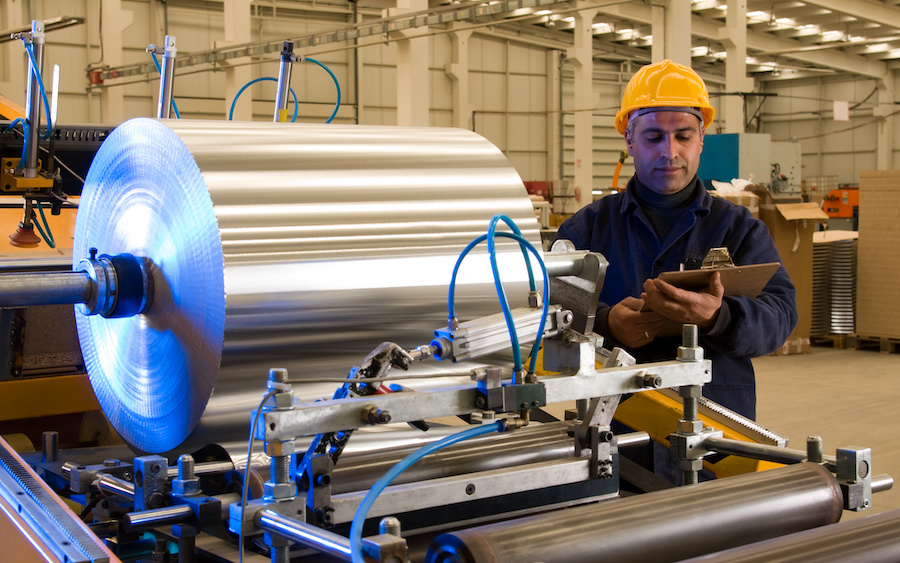Rusal boosts Asia revenue but Europe remains a key market

Russia’s Rusal boosted sales in Asia in the first half of 2023 but Europe remained a key market accounting for more than 30% of revenue, the world’s largest aluminum producer outside China said on Friday as it reported a slump in profit.
Although Rusal itself is not a target of Western sanctions, its production costs have surged due to the fallout from Russia’s 2022 invasion of Ukraine.
Some western customers have also shunned its metal, pushing up the share of Russia-made aluminum in London Metal Exchange-registered warehouses (LME).
However, Rusal’s first-half results show that a significant part of the European market, where demand in general has been relatively weak this year, continues to buy Russian-origin aluminum.
Asia accounted for 33% of Rusal’s revenue in the first six months of the year, up from 23% a year earlier, while Europe accounted for 31%, the company said, down from 40%.
Overall, first-half revenue fell 17% to $5.9 billion with Europe contributing $1.9 billion and Asia $2.0 billion. Sales in Russia and neighbouring countries mostly accounted for the rest after demand from the United States dried up with the imposition of a 200% import tariff on Russian metal.
Outside Russia, where aluminum’s energy-intensive production benefits from an abundance of hydro power, Rusal operates in Guinea, Jamaica, Ireland and Sweden. Swiss-based Glencore is one of its major customers under a long-term contract which expires in 2024.
First half adjusted earnings before interest, taxes, depreciation and amortization (EBITDA) slumped 84% to $290 million as global aluminum prices fell and Rusal’s expenses for sourcing key raw material alumina soared 55% with the loss of supplies from Ukraine and Australia.
The company, which plans to build an alumina plant in Russia, said it would focus on reducing its reliance on imported raw materials and the restructuring of export sales. Its primary aluminum sales and production totalled 1.9 million metric tons, up 9.8% and 1.2%, respectively.
(By Sameer Manekar and Polina Devitt; Editing by Shinjini Ganguli, Subhranshu Sahu and Kirsten Donovan)
{{ commodity.name }}
{{ post.title }}
{{ post.date }}




Comments